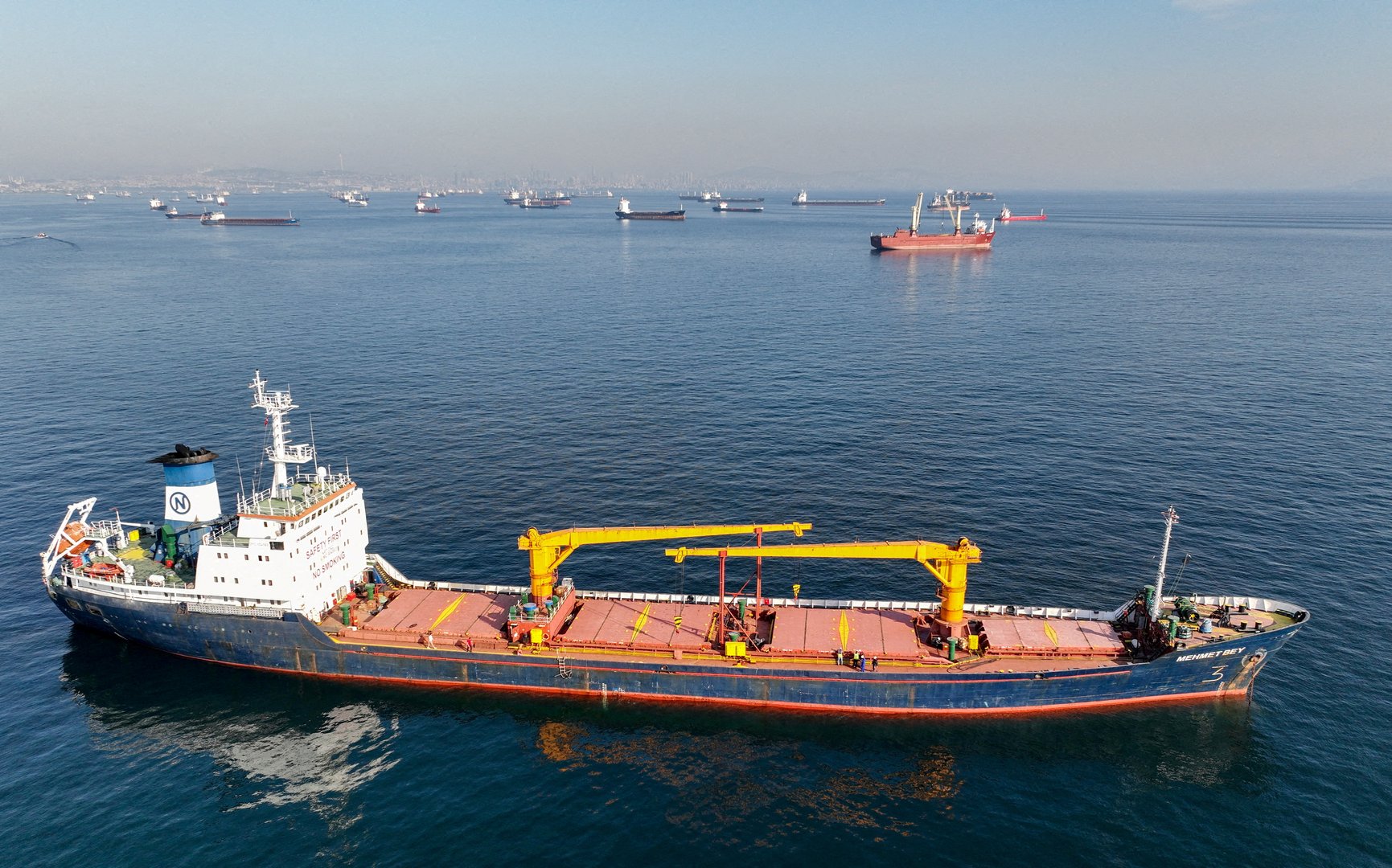The European Commission said on Friday that it would not extend a ban on imports of Ukrainian grains into Ukraine’s five EU neighbours due to expire on Friday.
“It has concluded that thanks to the work of the Coordination Platform and to the temporary measures introduced on 2 May 2023, the market distortions in the 5 Member States bordering Ukraine have disappeared,” the European Commission said in a statement.
Restrictions imposed by the European Union in May allowed Poland, Bulgaria, Hungary, Romania and Slovakia to ban domestic sales of Ukrainian wheat, maize, rapeseed and sunflower seeds, while permitting transit of such cargoes for export elsewhere.
The EU created alternative land routes, so-called Solidarity Lanes, for Ukraine to use to exports its grains and oilseeds after Russia backed out the U.N.-brokered Black Sea grain deal in July that allowed safe passage for the cargo ships.
The EU Commission agreed that existing measures expire today while Ukraine agreed to introduce any legal measures (including, for example, an export licensing system) within 30 days to avoid grain surges.
The EU said it will refrain from imposing any restrictions as long as the effective measures by Ukraine are in place and fully working.
Farmers in the five countries neighbouring Ukraine have repeatedly complained about a product glut hitting their domestic prices and pushing them towards bankruptcy.
The countries, except Bulgaria, had been pushing for an extension of the ban passed its Sept. 15 expiry.
Poland, Hungary, Slovakia and Romania previously said they may extend the restrictions unilaterally while Bulgaria on Thursday voted to scrap the curbs. Romania sees over 60% of the alternate flows pass through its territory mainly via the Danube river delta and its farmers have threatened to strike if the ban is not extended.
For the last year, Ukraine had been moving 60% of its exports through the Solidarity Lanes and 40% via the Black Sea thanks to the deal.
In August, about 4 million tonnes of Ukraine grains passed through the Solidarity Lanes of which close to 2.7 million tonnes were through the Danube. The Commission wants to increase exports through Romania further but the plan has been complicated by Russian drone attacks on Ukraine’s grain infrastructure along the Danube and near the Romanian border.







Click here to change your cookie preferences